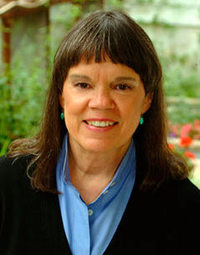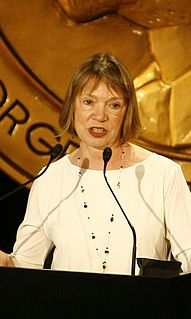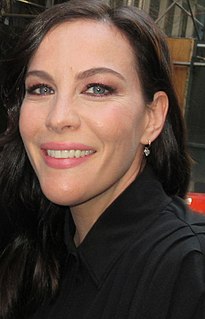A Quote by Rick Santorum
In far too many families with young children, both parents are working, when, if they really took an honest look at the budget, they might find they don't both need to. ... What happened in America so that mothers and fathers who leave their children in the care of someone else - or worse yet, home alone after school between three and six in the afternoon - find themselves more affirmed by society? Here, we can thank the influence of radical feminism.
Quote Topics
After
After School
Afternoon
Alone
America
Between
Both
Budget
Care
Children
Else
Families
Far
Fathers
Feminism
Find
Happened
Home
Honest
Influence
Leave
Look
Many
Me Alone
Might
More
Mothers
Need
Parents
Radical
Radical Feminism
Really
School
Six
Society
Someone
Thank
Themselves
Three
Too
Took
Working
Worse
Young
Young Children
Related Quotes
Mothers and fathers act in mostly similar ways toward their young children. Psychologists are still highlighting small differencesrather than the overwhelming similarities in parents' behaviors. I think this is a hangover from the 1950s re-emergence of father as a parent. He has to be special. The best summary of the evidence on mothers and fathers with their babies is that young children of both sexes, in most circumstances, like both parents equally well. Fathers, like mothers, are good parents first and gender representatives second.
Both at-home and working mothers can overmeet their mothering responsibilities. In order to justify their jobs, working mothers can overnurture, overconnect with, and overschedule their children into activities and classes. Similarly, some at-home mothers,... can make at- home mothering into a bigger deal than it is, over stimulating, overeducating, and overwhelming their children with purposeful attention.
Here's the progression. Feminism won; you can have it all; of course you want children; mothers are better at raising children than fathers; of course your children come first; of course you come last; today's children need constant attention, cultivation, and adoration, or they'll become failures and hate you forever; you don't want to fail at that; it's easier for mothers to abandon their work and their dreams than for fathers; you don't want it all anymore (which is good because you can't have it all); who cares about equality, you're too tired; and whoops--here we are in 1954.
In a world often marked by selfishness, a large family is a school of solidarity and sharing; and this attitude is to the benefit of society as a whole.... I always thank the Lord in seeing mothers and fathers of large families, together with their children, committed to the life of the Church and of society.
Parents offer an open womb. More than anyone else in your life, mothers, and sometimes fathers, can kiss it, and make it well whentheir grown children need to regress and repair. More than anyone else in your life, mothers, and sometimes fathers, can catch you when you start to fall. When you are in disgrace, defeat, and despair, home may be the safest place to hide.
Parents who've not had an education themselves find it hard to explain to their children what a decent education involves, and I completely understand that. Parents themselves need to be educated by schools about what sort of education they should expect for their children. I do think there's a heavy responsibility of the school.
Crisis or transition of any kind reminds us of what matters most. In the routine of life, we often take our families-our parents and children and siblings-for granted. But in times of danger and need and change, there is no question that what we care about most is our families! It will be even more so when we leave this life and enter into the spirit world. Surely the first people we will seek to find there will be father, mother, spouse, children, and siblings.
When the perfect order prevails, the world is like a home shared by all. Leaders are capable and virtuous. Everyone loves and respects their own parents and children as well as the parents and children of others. The old are cared for, adults have jobs, children are nourished and educated. There is a means of support for all those who are disabled or find themselves alone in the world. Everyone has an appropriate role to play in the family and society. Devotion to public duty leaves no place for idleness. Scheming for ill gain is unknown. Sharing displaces selfishness and materialism.
There are many important elements to being a parent. A lot of people don't have fathers but they might have someone in their life who's a good male influence and support. There's no cookie-cutter way of raising children and no family is the same, but the most important thing is that children are loved, supported and cared for, whether it's coming from a relative or a friend or a grandfather or a good school teacher. Anyone. Children just need good examples and mentoring to teach them and show them how to do things.
There are all these new books out there portraying Asian mothers as scheming, callous, overdriven people indifferent to their kids' true interests. For their part, many Chinese secretly believe that they care more about their children and are willing to sacrifice much more for them than Westerners, who seem perfectly content to let their children turn out badly. I think it's a misunderstanding on both sides. All decent parents want to do what's best for their children. The Chinese just have a totally different idea of how to do that.


































